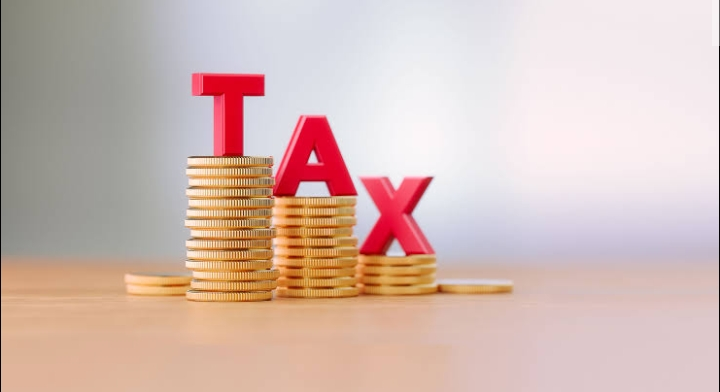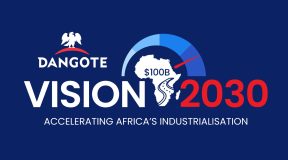Rich Nigerians making N100 million or more per month will pay a 25% personal income tax rate if a new tax law is approved by the National Assembly, according to Taiwo Oyedele, the chairman of the Presidential Fiscal Policy and Tax Reforms Committee. In support of a more efficient and just tax system for the nation, he claimed that 90% of the existing taxpayers are individuals who shouldn’t be subject to taxes.
The Nigerian Economic Summit Group and the Ministry of Budget and National Planning organized the ongoing 30th Nigeria Economic Summit, which took place in Abuja on Monday. During a breakout session, this disclosure was made.
Achieving a balance between reducing taxes for individuals with lower incomes and requiring higher incomes to pay to government revenues is a key point Oyedele emphasized.
According to Oyedele: “If you earn N100m a month, we are taking up to 25 percent from the rich people. That’s because we need to balance the books.”
Continuing, he stated that his committee is actively striving to accomplish the aim and that the government is ready and committed to making sure the appropriate people pay taxes. He added that if the bill is passed by MPs, the suggested amendments should go into effect in January 2025.
Oyedele said that the personal income tax requirements of middle-class earners earning N1.5 million or less per month would reduce, while higher earners would face gradual hikes in their tax rates, culminating in a 25 percent tax rate. Individuals with lower incomes would not be subject to personal income tax at all.
Another goal of the revisions is to make business taxes less onerous. Oyedele had this to say: “Today, whatever VAT you (businesses) pay on assets—whether you’re building a factory, buying a laptop, or vehicles—you bear it. This increases your cost, and therefore, your pricing will go up. Once our reforms are implemented, you get the credit back 100 percent on services and assets.”
He went on to say: “People will pay tax once we decide that they have to pay. What we realize is that almost 90 percent of people who are paying taxes are those who should not have been paying in the first place.
“So that’s where we came up with the data that 97 percent of the informal sector should be formally exempted from taxes. People do not understand where we are coming from. They’re not the ones to pay taxes. They’re just trying to survive,” he added.
The fiscal policy guru gave an update on his committee’s efforts to guarantee that the correct people file taxes, stating that the team would use main data identification channels to accurately place the right group of taxpayers in the appropriate tax bracket, BrandSpur national news stories report.
Furthermore, he called the planned reduction in the corporate income tax rate from 30% to 25% “huge” for businesses. Significant tax changes also include lowering or doing away with the value-added tax (VAT) on necessities like food, healthcare, education, housing, and transportation.
The proposed reforms are intended to alleviate the financial burden that the lower-income population bears, as a significant amount of their household expenditures is allocated to these important services. He did concede, though, that not all industries would profit from lower tax rates. To maintain the government’s revenue book balance, the VAT rate would rise for other goods and services. Additionally, he emphasized that without the need for legislation, inflation has already undermined the value of people’s money by acting as a “disorderly” tax on the populace.
In response to criticisms about tax breaks and incentives, Oyedele stated that the economy is harmed by indiscriminate incentives and that eliminating them will help the business community without increasing government spending. He said: “We cannot give all the incentives you are asking for. We think the biggest low-hanging fruit is removing these incentives, and that’s exactly what we are doing,” he added. Compose Message.



